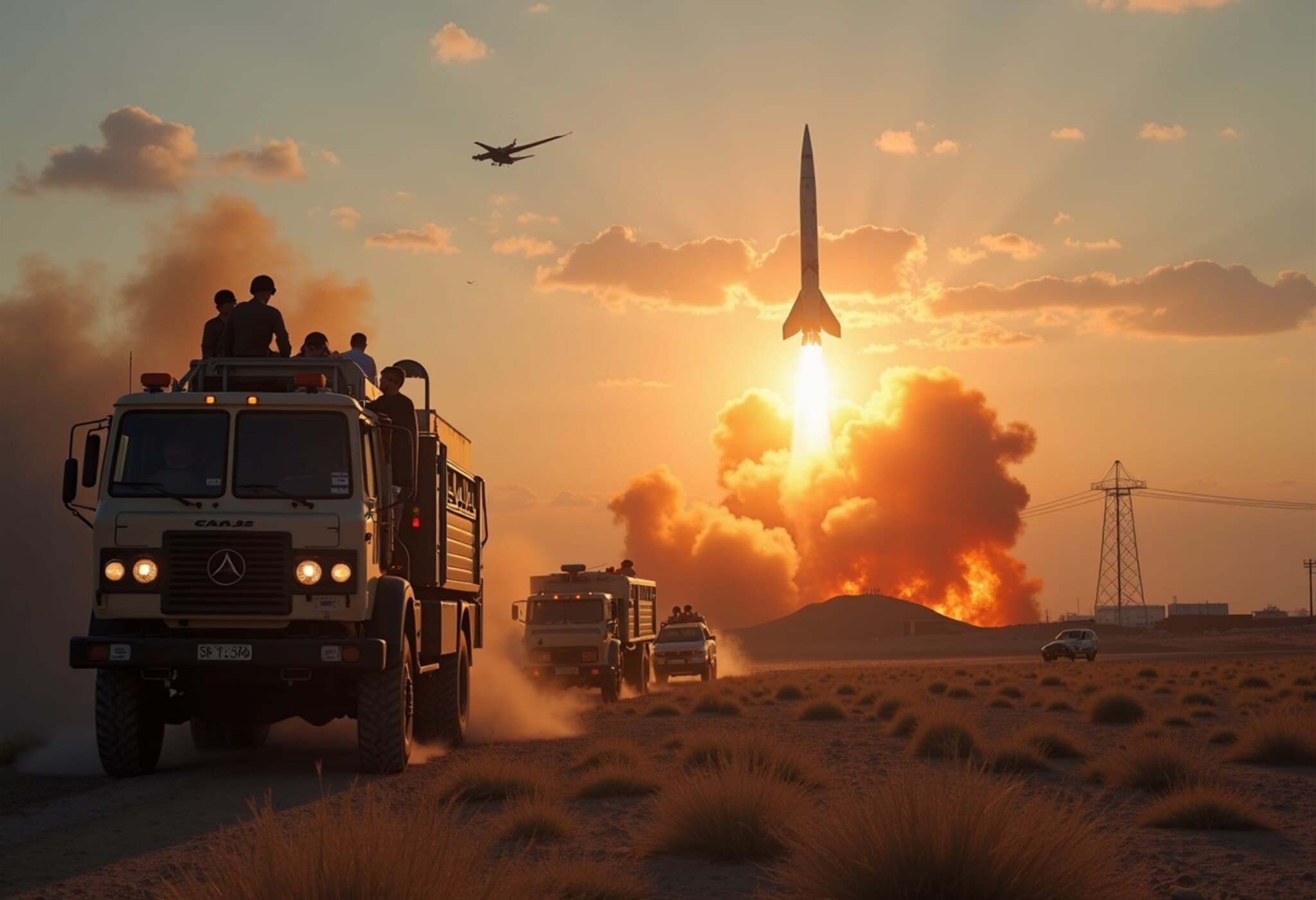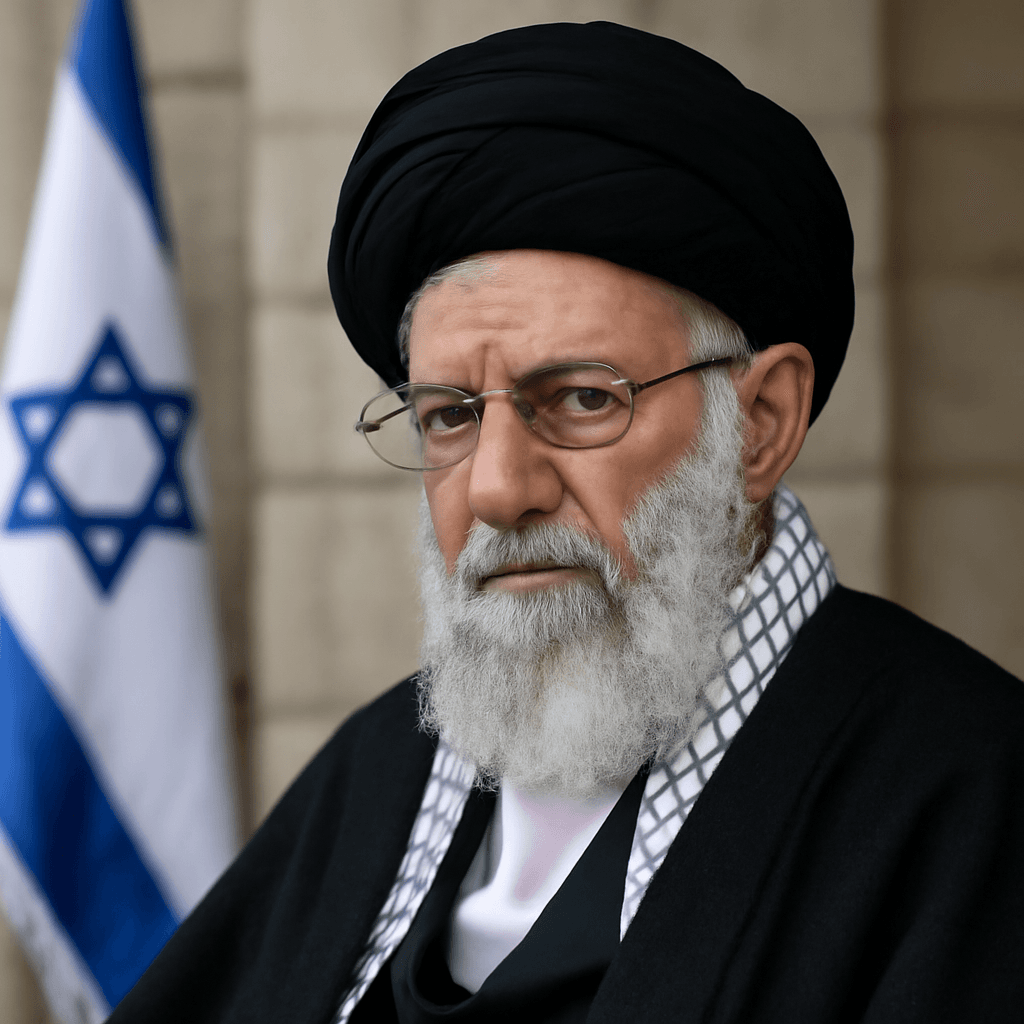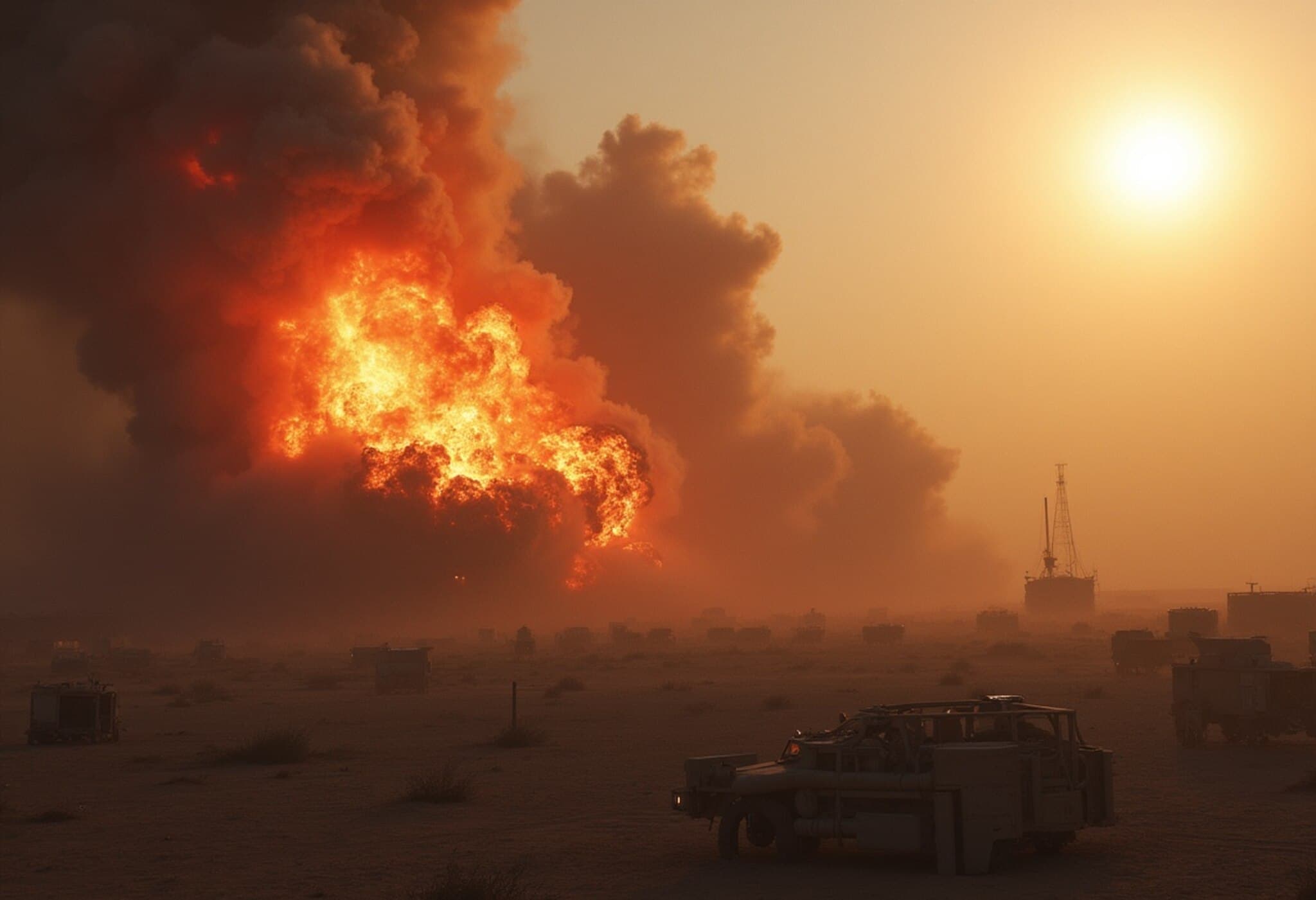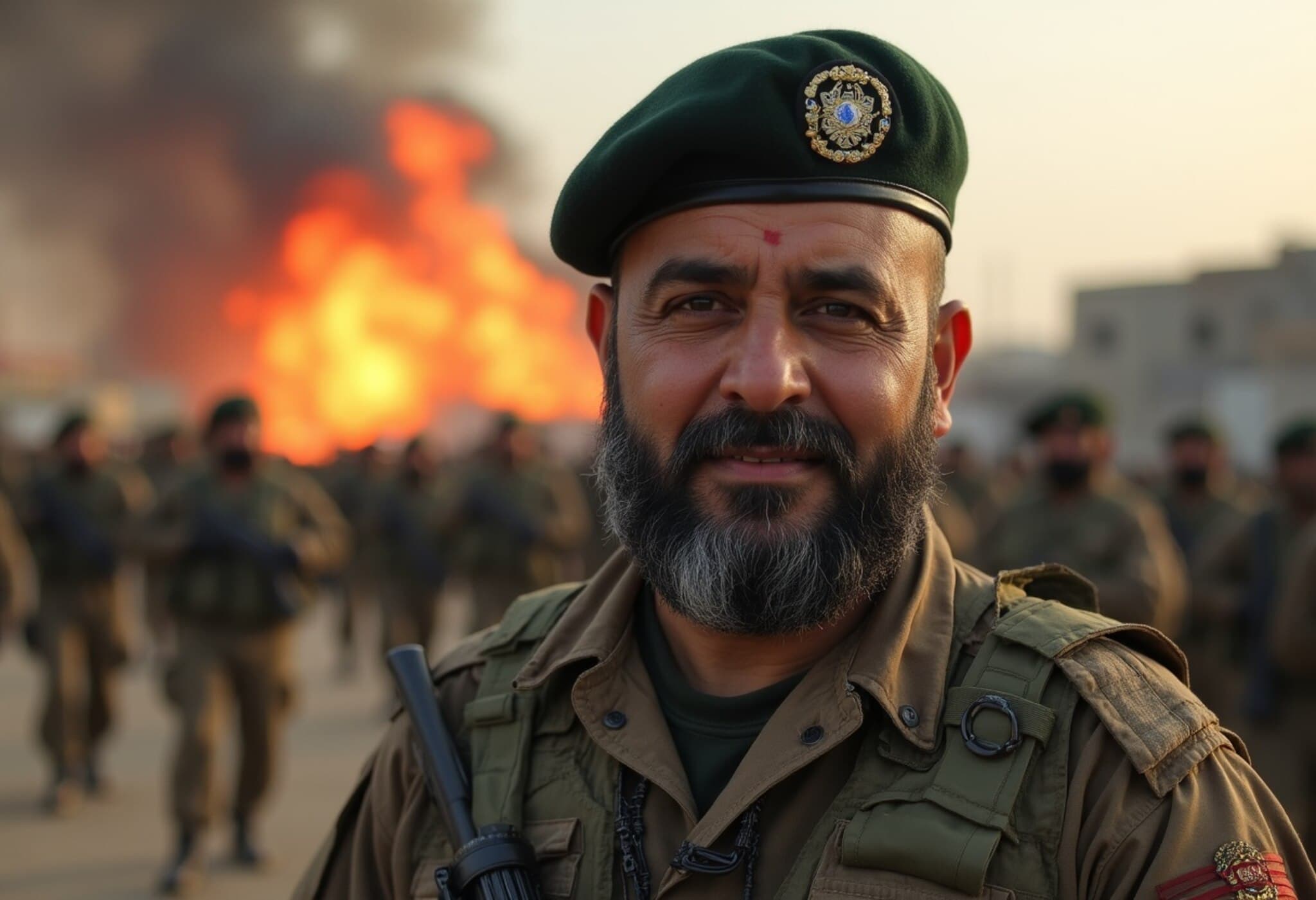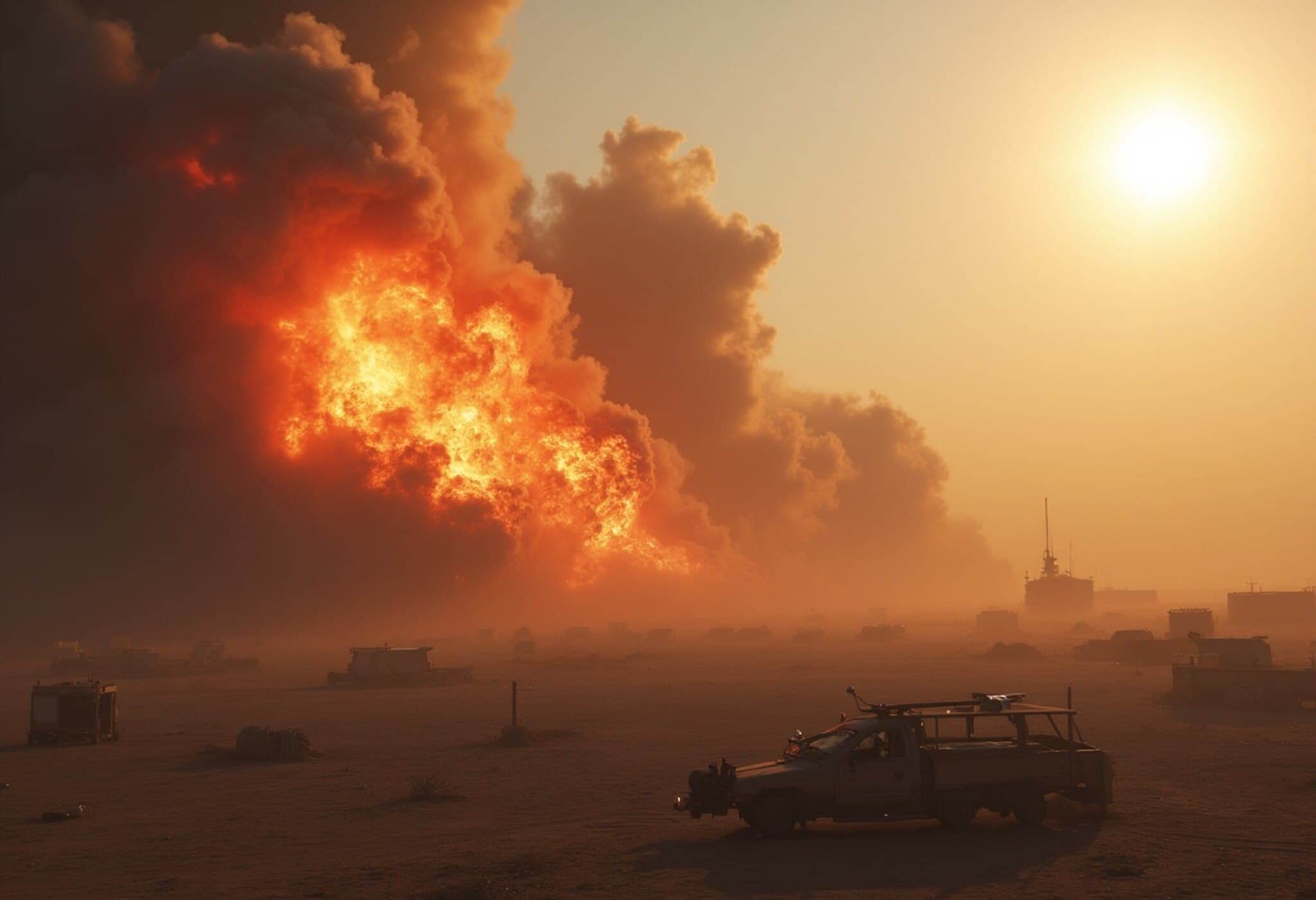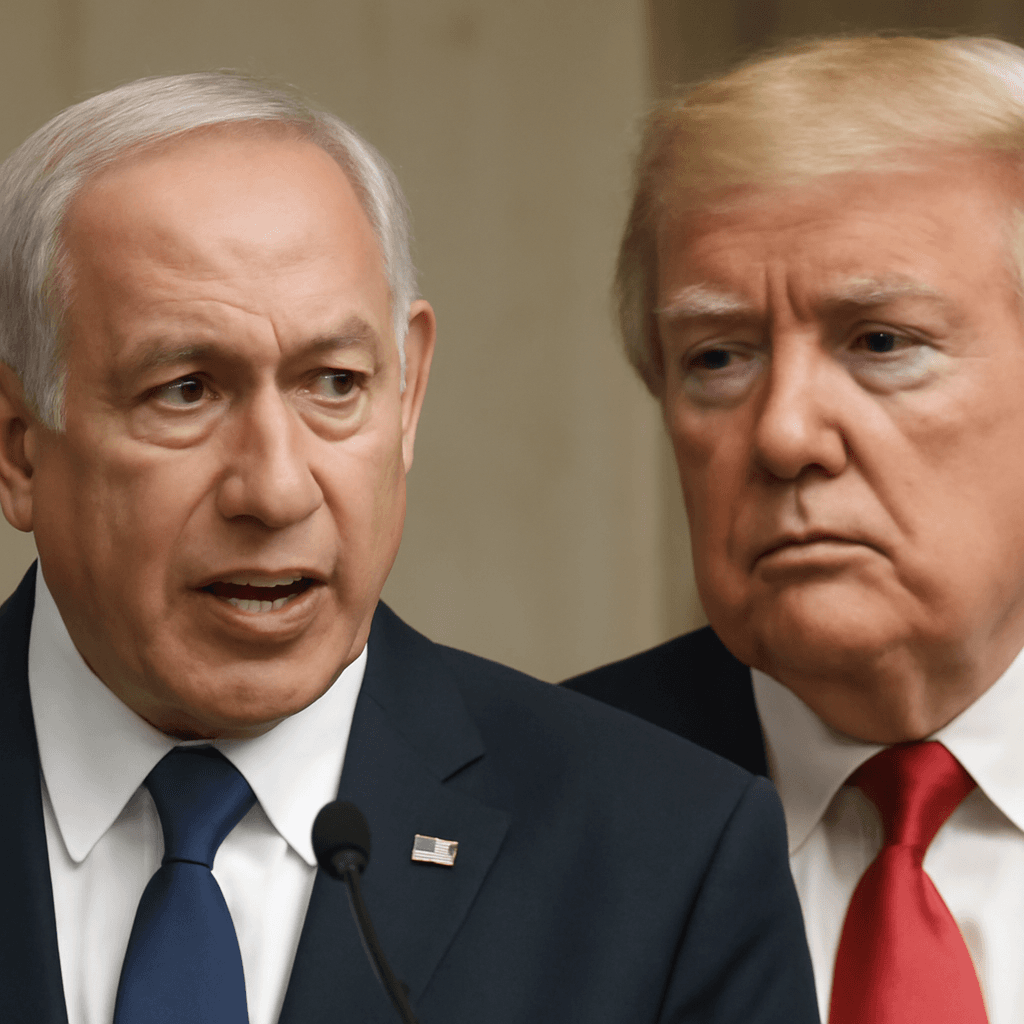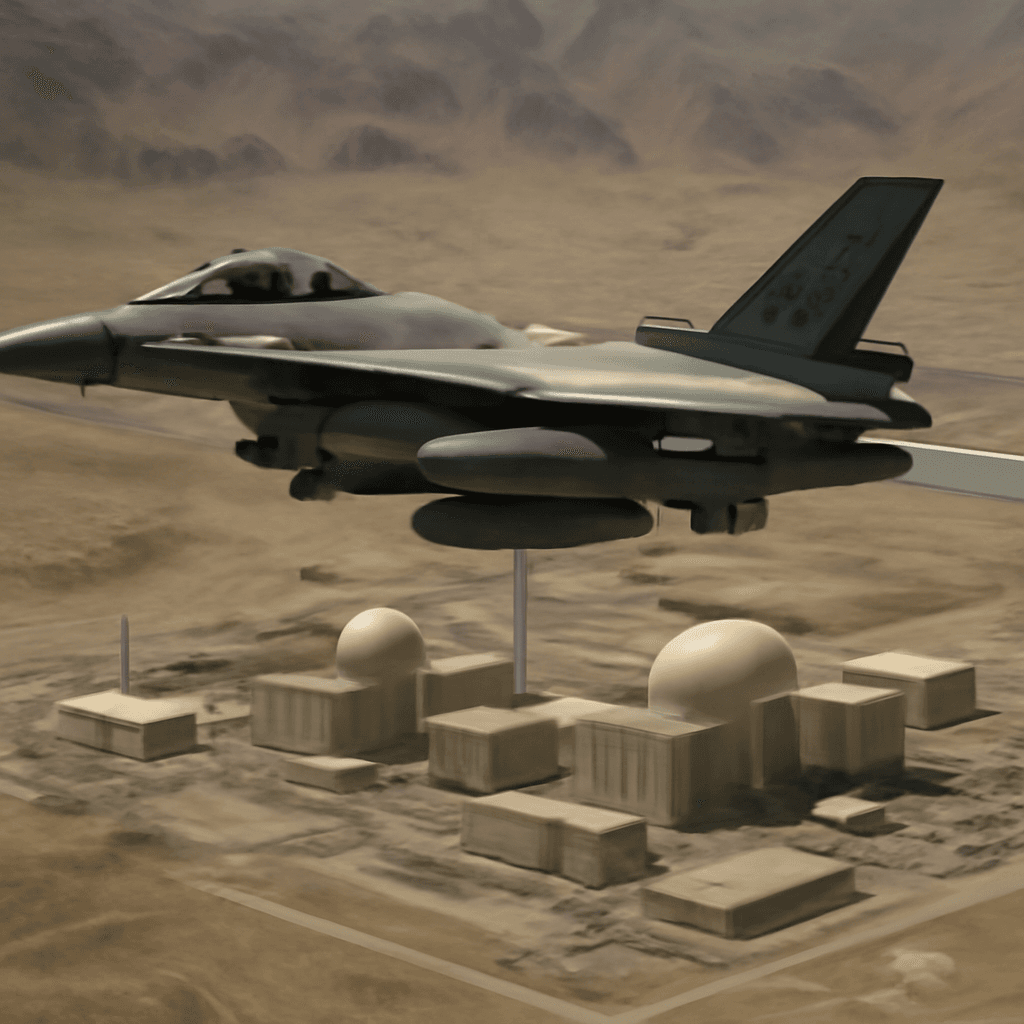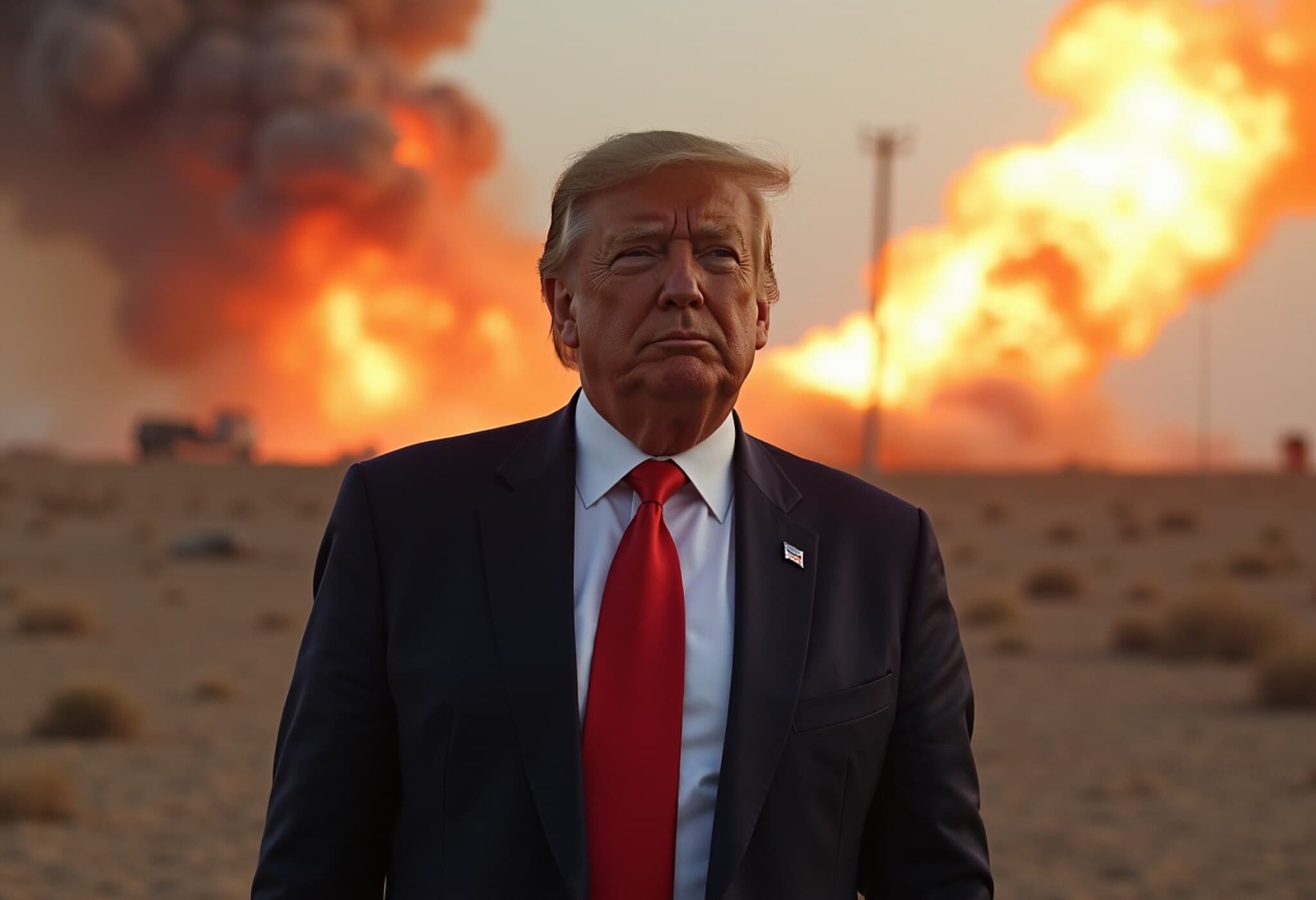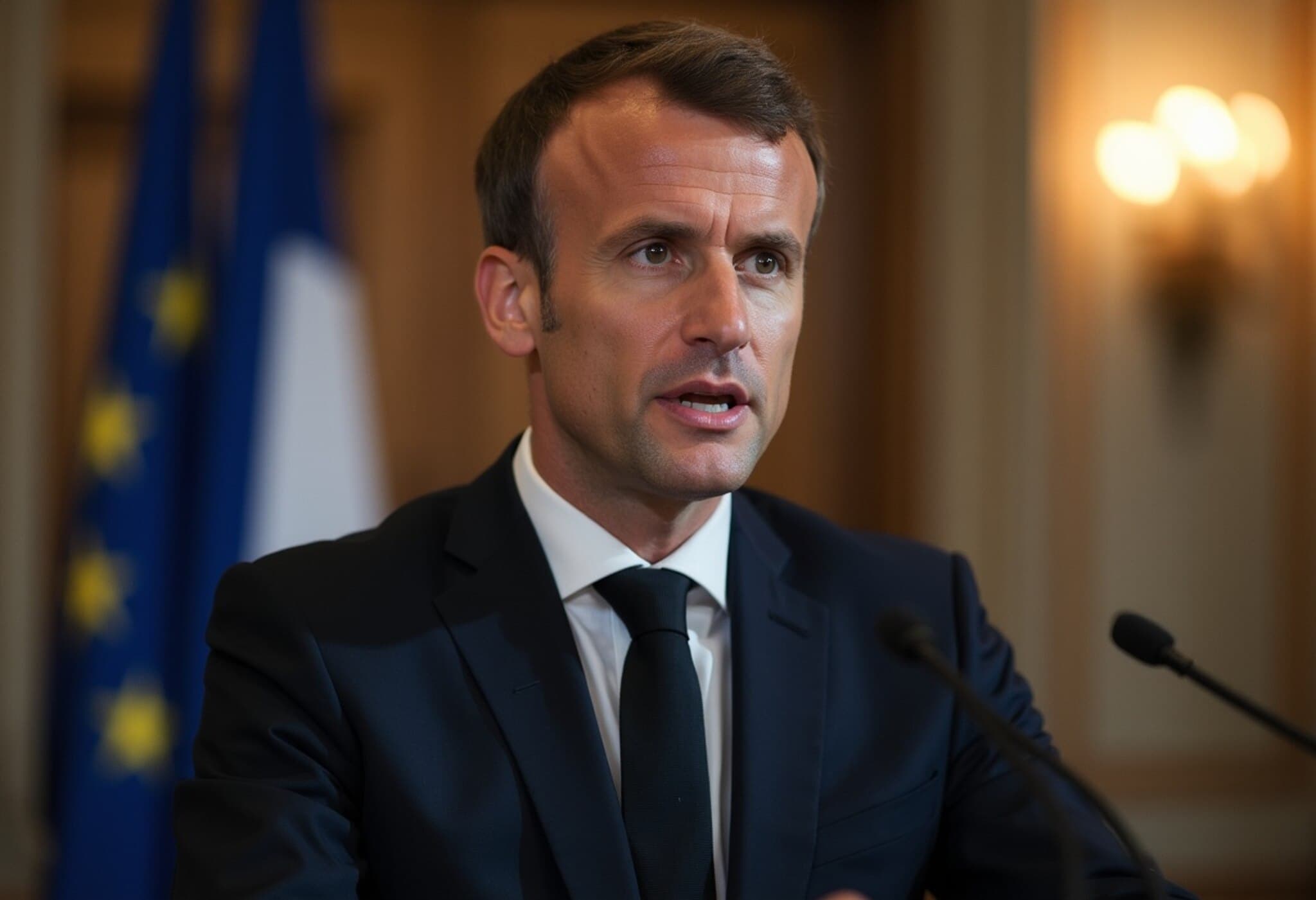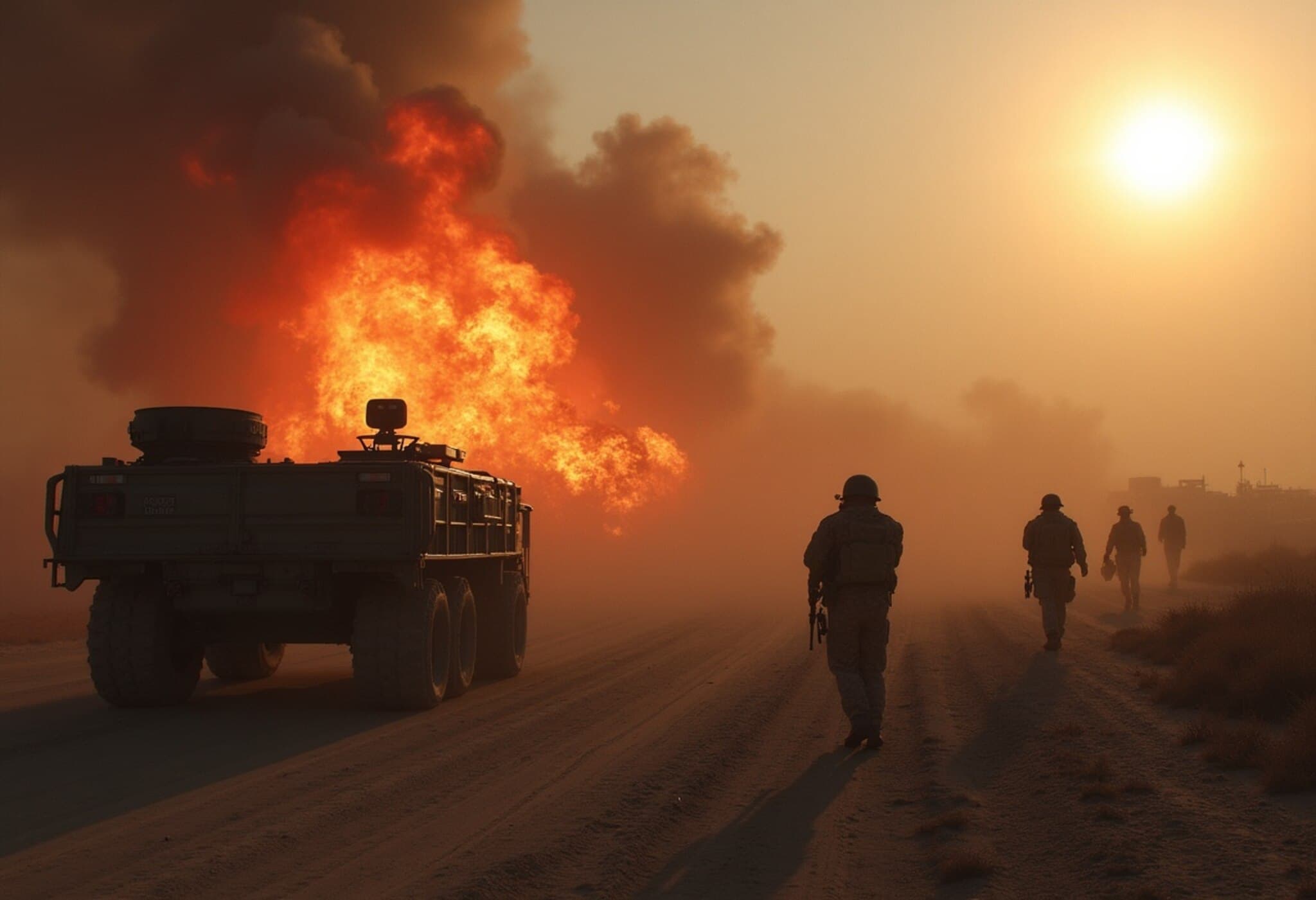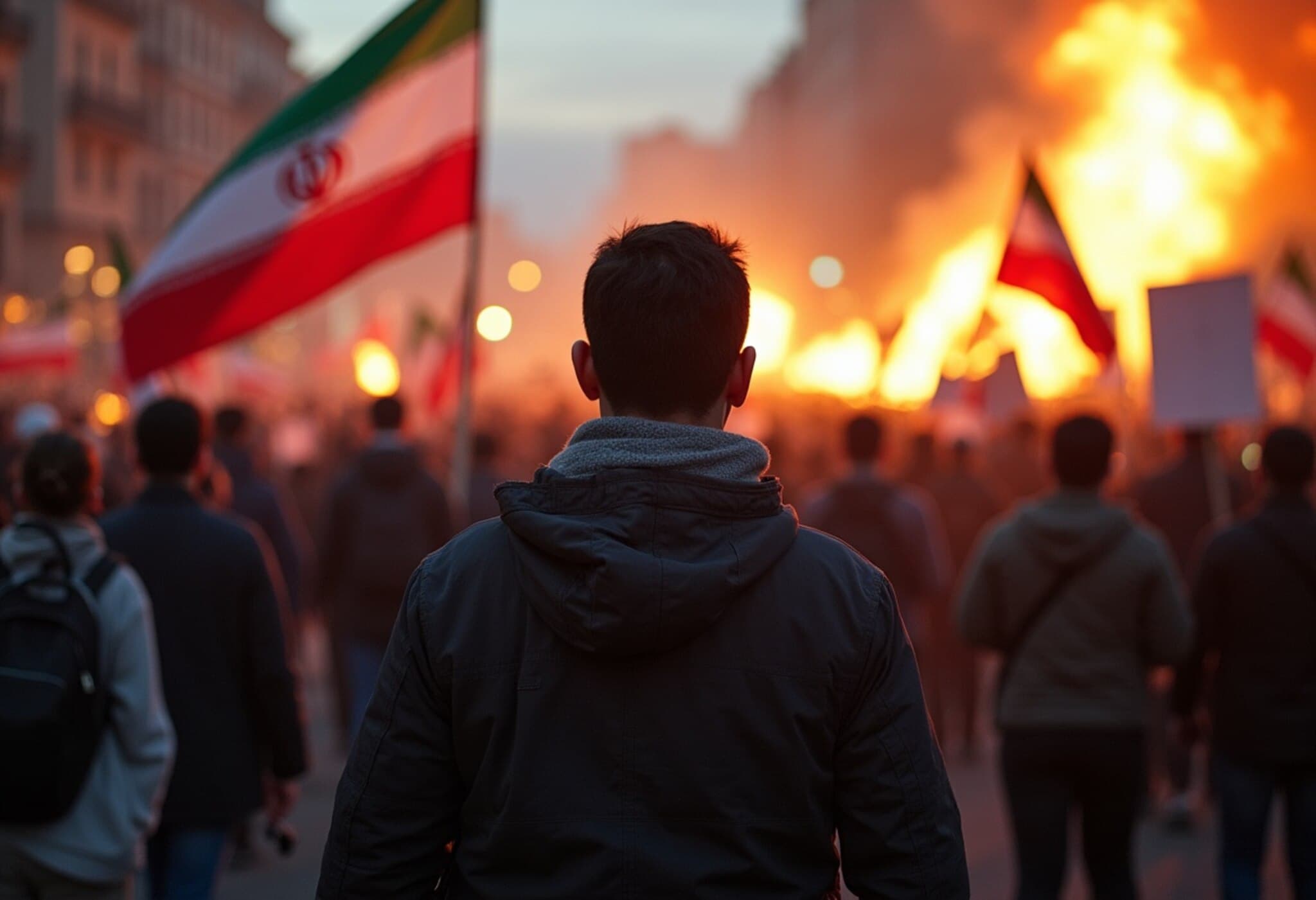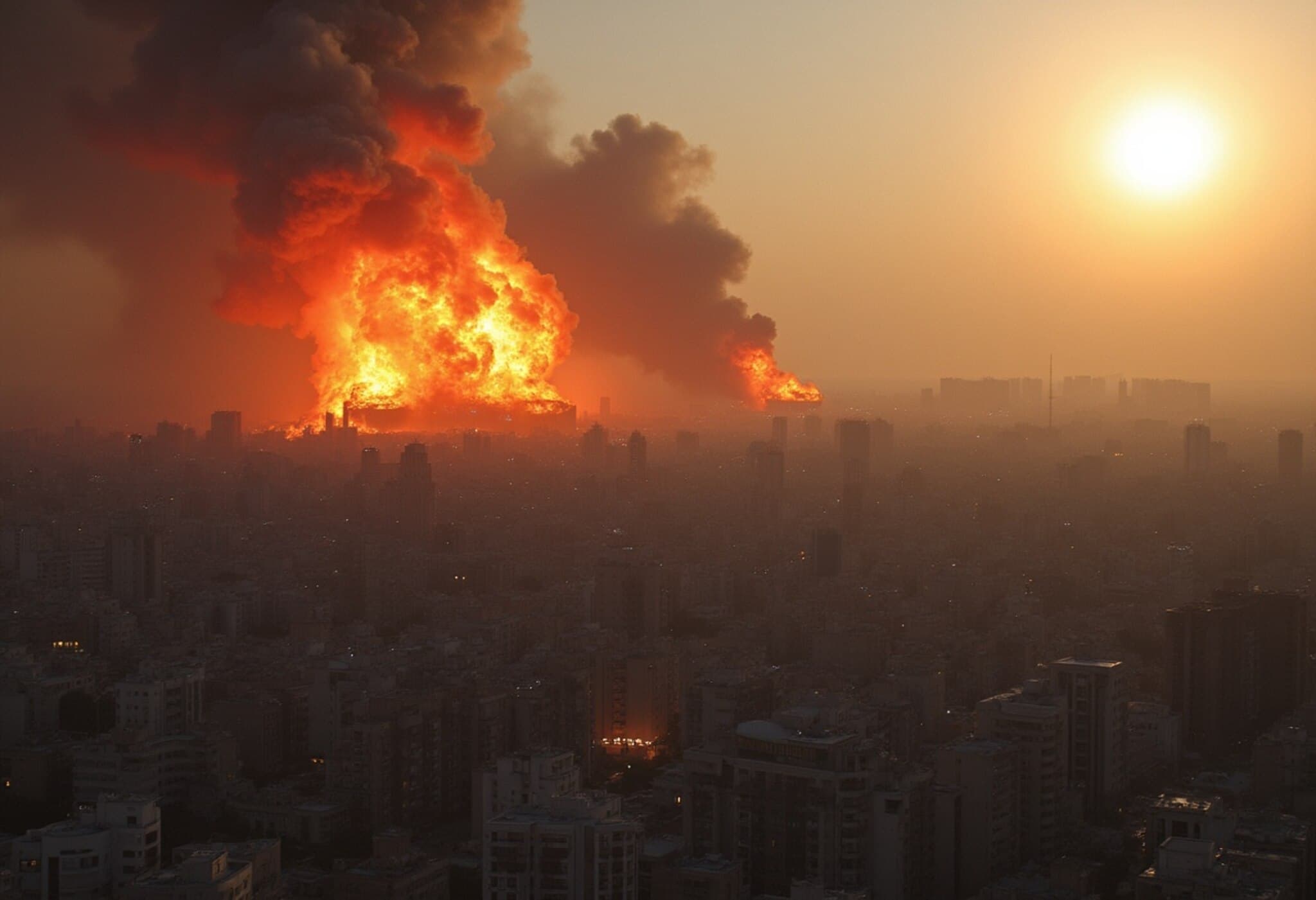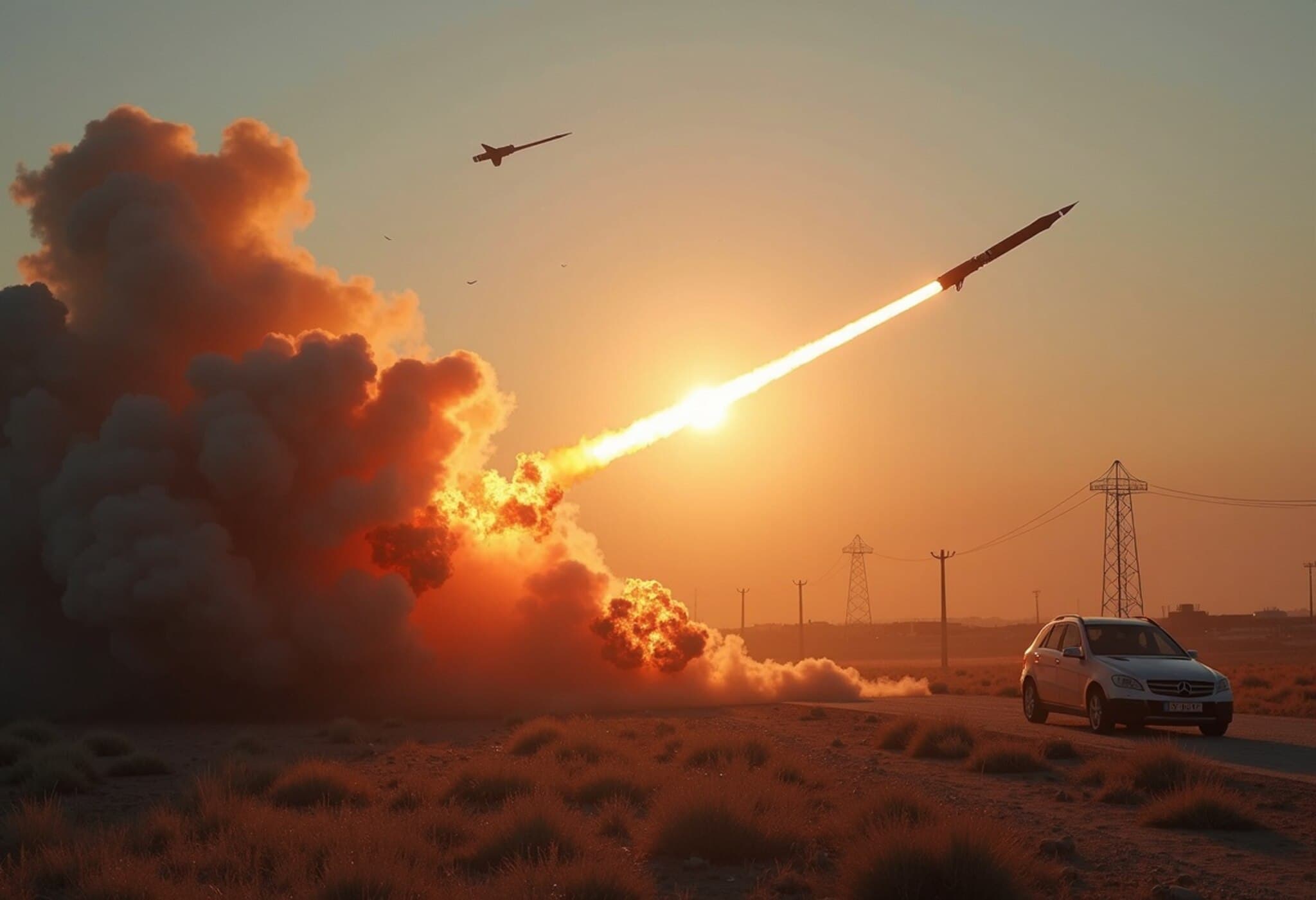Iran's Nuclear Ambitions Approaching Critical Threshold
Recent intelligence reports suggest that Iran was alarmingly close to developing a nuclear bomb just prior to a series of Israeli military strikes. Sources confirm that Iranian scientists have made considerable headway in assembling a nuclear weapon, moving beyond uranium enrichment toward actual weaponization.
Key Intelligence Spurs Preemptive Israeli Action
According to credible military insights, Israeli intelligence obtained what was described as 'golden information' revealing significant progress by Iran's nuclear scientists on the weapon's assembly. This vital intelligence was relayed to Israeli leadership shortly before airstrikes on June 13, targeting multiple Iranian nuclear and military installations.
Secret Nuclear Weapon Development Uncovered
Investigations indicate that as early as late 2023 or early 2024, Iran organized specialized groups of scientists working covertly on various phases of transforming enriched uranium into a functional atomic bomb. This clandestine weaponization project paralleled Iran’s ongoing uranium enrichment, which exceeds levels permitted for civilian use.
In fact, the International Atomic Energy Agency recently reported that Iran’s uranium stockpile could potentially produce up to nine nuclear weapons should further enrichment occur.
Decisive Military Response and Targeted Strikes
The Israeli Defence Forces (IDF) closely monitored Iran’s covert operations, determining that Iran's strategic decision to pursue a nuclear bomb intensified after the October 7 attack in southern Israel. In a calculated offensive, the IDF struck numerous critical sites including Iran's Defense Ministry headquarters and the SPND nuclear project complex, in addition to facilities suspected of housing parts of Iran's secret nuclear archive.
- During the initial wave of attacks, nine Iranian nuclear scientists with extensive experience in weapons development were eliminated.
- These individuals were recognized as successors to Mohsen Fakhrizadeh, the reputed mastermind behind Iran's nuclear program who was reportedly assassinated in 2020.
Iran’s Retaliation and Ongoing Missile Exchanges
In retaliation, Iran launched ballistic missile attacks on Israel over consecutive days, resulting in at least seven casualties. Most of these incoming missiles were intercepted by Israeli and American air defense systems.
Further missile barrages targeted vital energy infrastructure and fighter jet fuel depots in Israel, with sirens sounding in major cities such as Jerusalem and Tel Aviv. Iranian air defenses actively engaged incoming threats, generating audible explosions in Tehran.
Leadership’s Stance and International Calls for Diplomacy
Prime Minister Benjamin Netanyahu vowed to continue military operations "for as many days as it takes to remove this threat," underscoring the existential risk Iran’s nuclear program poses to Israel.
Meanwhile, the U.S. president urged Tehran to enter negotiations on its nuclear ambitions, cautioning that “Iran must make a deal before there is nothing left.”

